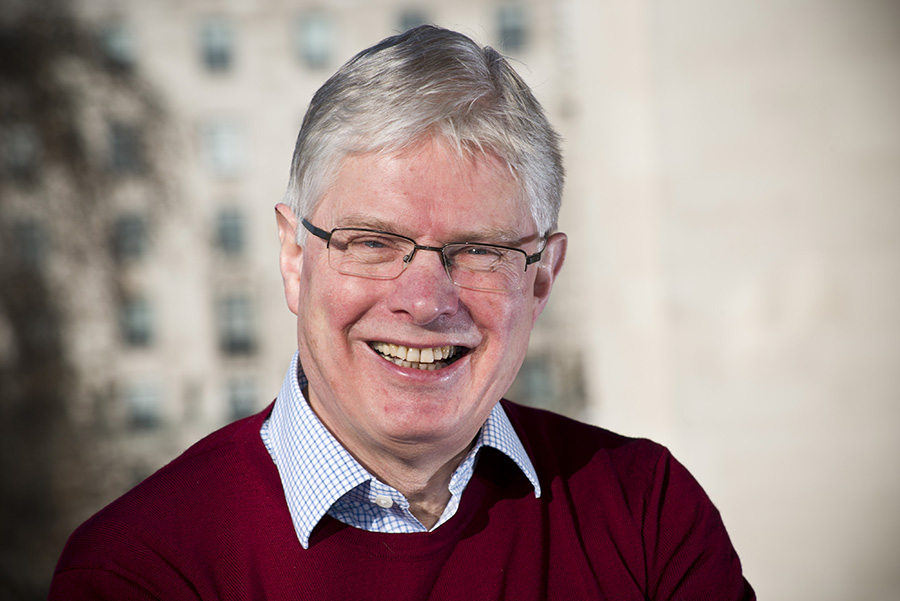
Round Table will be presenting a series of profiles about our Editorial Board. We start, naturally, with our current Chairman, Stuart Mole:
Q. What is the Commonwealth Round Table?
The Round Table has always been more than just a journal, as important as that is. It has also been a forum of advocacy, with the journal playing an essential part in generating and promoting new ideas. In 1910, when the Round Table was founded, its enquiries were about what sort of global federation should follow the British Empire. Today, in at least a partial answer to that question, our focus is on the modern Commonwealth, where we encourage debate and fresh thinking, through seminars and conferences, as well as through the journal. We are an accredited Commonwealth organisation and a trusted partner with other Commonwealth bodies. So in that sense we are “the Commonwealth Round Table”.
Q. Tell us something about your background?
I was originally trained as a teacher and was a lecturer in further education for five years. But I became increasingly swept up by politics. I had two stints working in the UK parliament and ended up as the Head of the Office of the then Leader of the Liberal Party, David Steel. This was in the heady days of the burgeoning alliance with the Social Democratic Party, the centrist breakaway from the Labour Party. For a few months, the Alliance topped the opinion polls but then the Falklands War and Mrs Thatcher’s resurgent popularity changed all that and breakthrough was never achieved, despite a big vote in 1983. That election, I missed winning a parliamentary seat by 300 votes.
After that, I worked with the Commonwealth Secretariat (the independent diplomatic and civil service of the Commonwealth). I was first Special Assistant to Sir Sonny Ramphal, the second Commonwealth Secretary-General and then became Head of the Office of the next Secretary-General, Chief Emeka Anyaoku for the ten years he was in office. It was a fascinating time, including being involved in the international campaign against apartheid in South Africa and eventual change with the ‘freedom’ elections of 1994.
In 2000, I moved on to run the Royal Commonwealth Society which I did very happily until the beginning of 2009. My heart has been with the Commonwealth ever since.
Q. Why does the Round Table matter in today’s world?
For me, one of the greatest challenges facing humanity is the ability of nations to work for international solutions to global problems and for people the world over to live together in understanding and harmony.
As an international affairs journal and a forum of advocacy, this touches the core business of The Round Table.
We also choose to work within a Commonwealth context, believing that as a ‘soft power’ organisation, the Commonwealth has great potential to bridge differences and encourage common solutions to situations of conflict and confrontation.
Q. In an age of 140-character information, what’s the role for journals and informed analysis from the Round Table?
The pace of communication and change has grown enormously, just in the last decade. But wisdom does not lie in 140 characters alone, and there is need for high-quality reflection, argument and ideas, in journals and through other fora for analysis. But clearly our task is to ensure that The Round Table – whether in its journal or through its website – is dealing with fast-moving issues in a contemporary, relevant and appealing way – including in 140 characters..
Q. You’ve been covering the Commonwealth for years: where do you think it needs to go to remain relevant to its members and the wider world?
The Commonwealth will make little progress on automatic pilot. True, there are deep-rooted, visceral connections which bind us together globally but we need to matter – and to make a difference – in an increasingly crowded regional and international market place. That takes leadership and vision – not just from the Commonwealth Secretary-General, but also from member governments willing to make full use of the association. We have always been an organisation of option rather than obligation – and now we need to make those options real and urgent.



